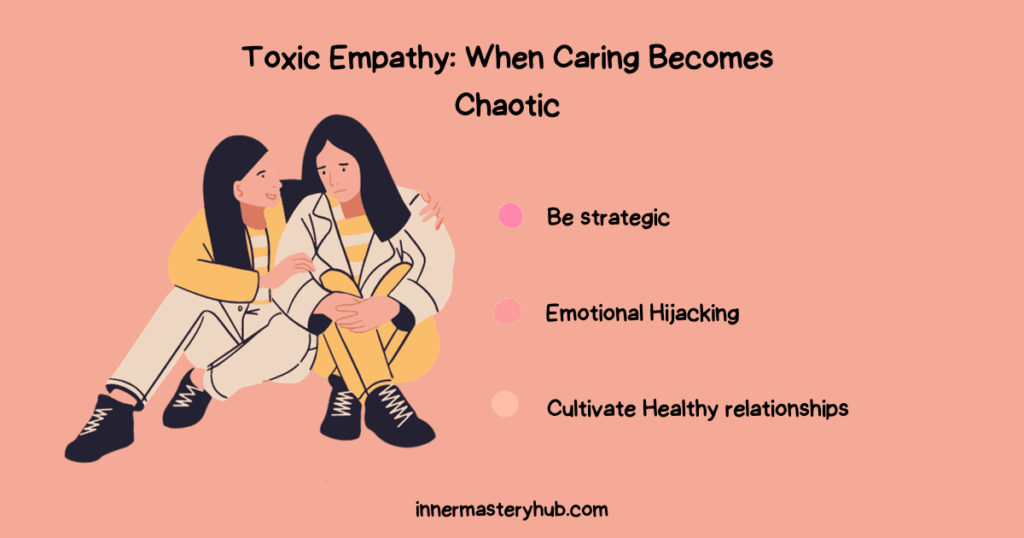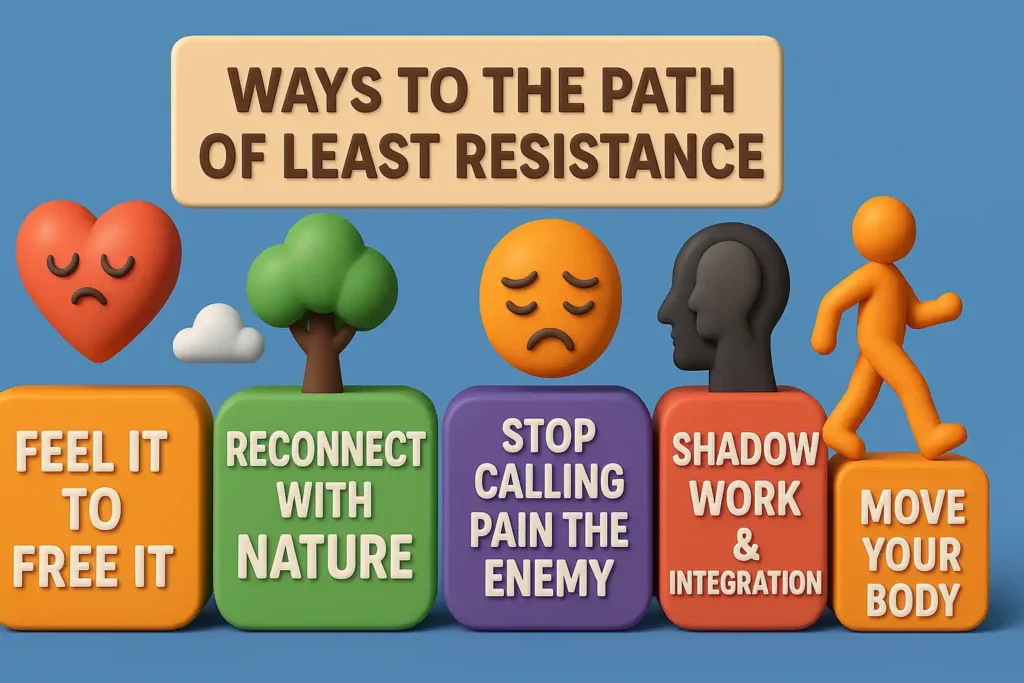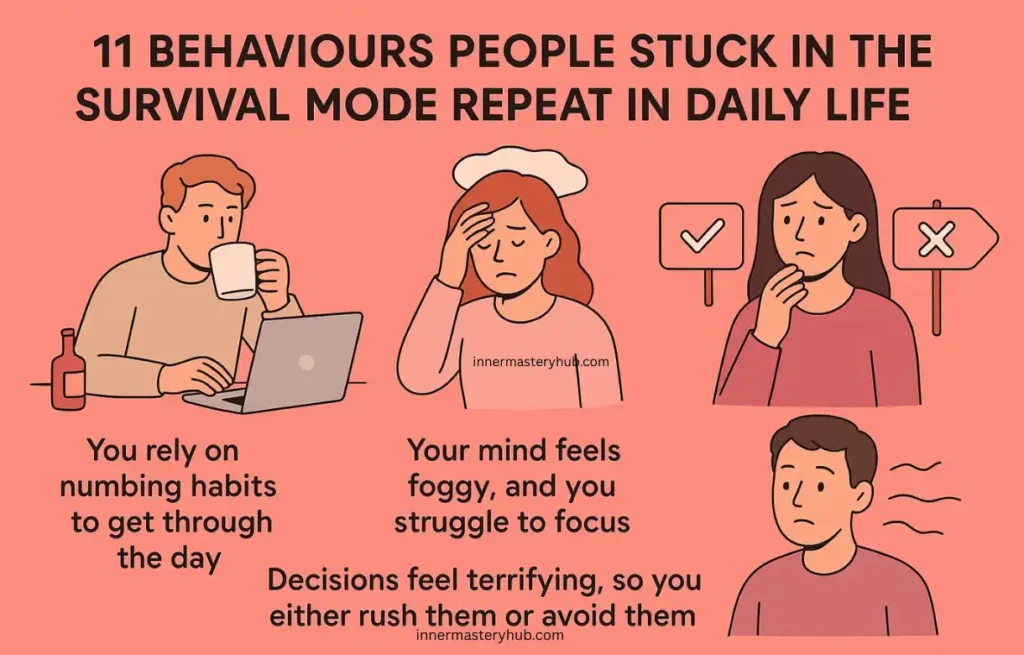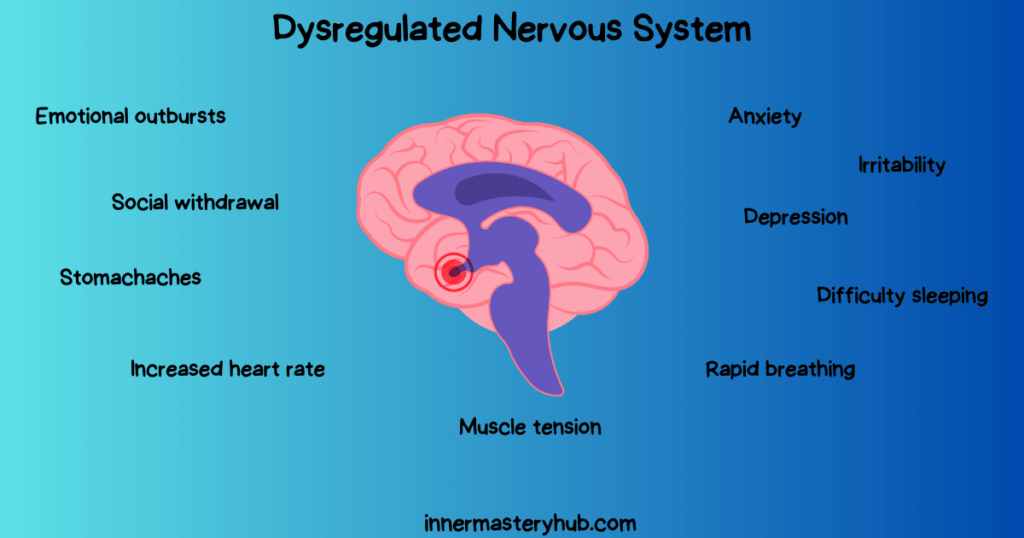101 Soothing Grief Journal Prompts to Reduce the Impact of Loss
Grief Journal Prompts
Grief journal prompts offer supportive questions to help you process loss in a healthy way. They encourage honest reflection about memories, emotions, regrets, and hopes. By writing down your thoughts, you can release heavy feelings, gain insight, and slowly find comfort while honouring your healing journey.

The purpose of grief journal prompts is to guide you in processing loss in a meaningful, private, and safe manner. Structured writing help in emotional healing and self-understanding, regardless of whether you are mourning the loss of a loved one, the breakup of a relationship, or a significant life transition.
Understanding the Impact of Grief
Grief is a complicated reaction to loss, especially when it involves the death of a person or object with which a link was made. As people from diverse backgrounds and cultures experience it, it is a crucial topic for research in psychology and the health sciences.
According to research, grief can take many different forms, including psychological, physical, and emotional ones, and each person’s experience of it can differ significantly in terms of both its duration and intensity.
The Problem of Unprocessed Grief
When grief goes untreated, the issue begins. Unresolved sorrow can have a significant negative influence on one’s physical health as well as cause extreme mental suffering, anxiety, and despair. According to research in the American Journal of Psychiatry, unresolved grieving could lead to health issues by causing immune system damage, sleep abnormalities, and high cortisol levels.
When Grief Becomes Overwhelming
It’s normal to feel overwhelmed with grief. Extreme despair, rage, or even numbness can affect you. These feelings could cause issues with day-to-day functioning, making ordinary activities seem impossible. You may feel as though life is passing you by as you remain immobile during the chaotic phase of grieving.
How Grief Journal Prompts Can Help
Journal prompts for grief are a valuable tool in this situation. A highly suggested therapeutic technique for managing psychological and emotional suffering is journaling. It provides a way to communicate ideas and emotions that you may not be comfortable sharing with others.
- Encourages emotional release
- Reduces anxiety and overwhelm
- Helps process unresolved feelings
- Preserves meaningful memories
- Builds self-compassion
- Tracks healing progress over time
Example of Applying Journal Prompts in Daily Life
You can express unresolved feelings by asking, “What are three things you wish you could have said to your loved one?” This might be especially comforting if you wish you had more to say. All it takes to put this suggestion into practice is a few minutes every night to think about this subject and record your thoughts in a journal.

Unique Perspectives on Using Grief Journal Prompts
Journaling about grief is more than just a way to release feelings. Finding a fresh outlook on life and loss might also be facilitated by it. Regularly answering questions like “What is one thing you learned from your loved one that you still value?”
Fresh Insights from Research
Journaling helps people deal with their loss, according to research. According to a study published in the Journal of Psychiatric and Mental Health Nursing1, writing significantly improves psychological well-being after loss and reduces distress. These results underscore the importance of writing down thoughts and feelings to comprehend the intricate process of grieving.
100 grief journal prompts to help you through your healing process
Here are 100 grief journal prompts to help you through your healing process. These prompts are designed to help you reflect on your emotions, memories, and experiences as you manage grief.
Reflecting on Loss
- Who do you miss the most, and why?
- What is one thing you wish you could have told your loved one?
- How has your life changed since your loss?
- What was your favourite memory with your loved one?
- What emotions are you feeling right now?
- How do you feel about your grief today?
- What part of your lovedone’ss personality do you miss the most?
- How do you cope with the absence of your loved one?
- What did you learn from the relationship with the person you lost?
- How would you describe your grief in one sentence?
Exploring Emotions
- What’s the most challenging part of your grief right now?
- How do you express your sadness?
- Do you feel angry? If so, who or what are you angry with?
- What do you feel most afraid of regarding your grief?
- How do you feel about the future without your loved one?
- When was the last time you laughed since your loss?
- How does your grief show up physically?
- What do you do to numb your grief, if anything?
- What do you wish others understood about your grief?
- Are there any emotions you feel guilty about?
Healing & Acceptance
- How do you see yourself healing from this loss?
- What makes you feel comforted during difficult moments?
- How do you imagine yourself in one year from now?
- Have you forgiven yourself for anything related to your loss?
- What have you learned about yourself through this grief process?
- What is one positive thing you’ve gained from your grief?
- How do you honour the memory of your loved one’s death?
- What is a small step you can take toward healing today?
- What part of you feels stronger after the loss?
- How can you show yourself compassion during your grief?
Memories and Connection
- What’s one of your favourite stories involving your loved one?
- What physical objects remind you of your loved one?
- Do you feel your loved ones’ presence in any way? How?
- What’s one thing you would want others to remember about them?
- How do you celebrate the life of your loved one?
- What are some rituals or traditions you want to keep alive?
- What does the phrase “moving on” mean to you?
- How has your view of life or death changed since the loss?
- What are some qualities of your loved one that you want to carry forward?
- How can you integrate your loved one’s memory into your daily life?
Personal Growth
- How has this loss impacted your view of love and relationships?
- What does “healing” look like to you?
- How has your relationship with grief evolved since the beginning?
- Are there any changes in your life you didn’t expect after your loss?
- What have you discovered in yourself through grief?
- How has your perspective on time changed since losing someone?
- Do you think about death more now? Why or why not?
- What’s the hardest decision you’ve had to make since your loss?
- What kind of support do you need at this time?
- How can you embrace your grief rather than fight it?
Daily Life & Routine
- How has your daily routine changed since your loss?
- What has surprised you about Whatshers’ grieving?
- How do you take care of your physical health while grieving?
- What are the small moments that bring you peace?
- What’s the first thing you do in the morning when you wake up?
- How do you spend your evenings, especially when you feel lonely?
- What activities or hobbies are you avoiding because of your grief?
- How do you manage your grief while taking care of daily tasks
- What does self-care look like for you right now?
- How do you deal with feelings of isolation?
Faith and Spirituality
- How has your faith been affected by your loss?
- Do you believe your loved one is still with you in some way?
- How do you find spiritual direction during your grief?
- What role does prayer or meditation play in your healing?
- Are there any spiritual or religious practices you find helpful?
- How do you make sense of suffering and loss from a spiritual perspective?
- What do you believe about life after death?
- How can you find meaning in the pain of your loss?
- How does grief challenge your spiritual beliefs?
- What questions about life and death do you want to explore further?
Family and Relationships
- How has your family been affected by your loss?
- What role does your grief play in your relationships with others?
- How do you feel about the sort of support you’ve received from loved ones?
- What is one thing you need from your friends right now?
- How do you communicate your grief to others?
- How has grief affected your relationship with your partner?
- Are there any relationships that have strengthened because of your loss?
- How do you navigate social gatherings while grieving?
- How do you help others who are grieving?
- How does your grief affect your children, if you have any?
Grief journal prompts for Letting Go & Moving Forward
- What does “letting go” mean to you?
- Are there things you feel ready to release or accept now?
- How do you reconcile the desire to hold on with the need to move forward?
- How do you navigate the idea of moving on without forgetting your loved one?
- What’s one thing you would want to do to honour their memory moving forward?
- What steps are you taking to create a new normal for yourself?
- How do you feel about finding joy again after loss?
- What are you looking forward to in the future, even while grieving?
- How can you find peace while carrying your grief?
- What would you tell someone else who is grieving right now?
Grief journal prompts and Personal Reflection
- How do you define grief in your own words?
- What do you wish people understood about the grief process?
- What does healing look like for you on a personal level?
- How do you deal with moments of intense grief or sadness?
- How has your grief affected your sense of self?
- What advice would you offer to someone grieving?
- How do you balance remembering your loved one and living your life?
- What do you still need to grieve or let go of?
- How do you keep their memory alive in your heart?
- What are you learning about life and loss through this experience?
These 100 grief journal prompts can help you reflect, heal, and navigate the challenging emotions that accompany grief. Use them as a tool when you feel ready to process your feelings. Take your time with each one, and remember that healing is a journey.
TAKEAWAY
Grief journal Prompts provide a methodical yet flexible way to process your emotions. They can assist you in accepting the feelings that surface, comprehending your loss, and figuring out how to go on without losing sight of the past.
Whether you are grieving the loss of a loved one, the breakup of a relationship, or any other type of loss, journaling can be an invaluable tool for your recovery.
Implement Grief journal prompts into your daily routine. It need not be lengthy; simply a few minutes a day can have a significant impact on how you cope with loss.
Accept this practice as part of your healing process and keep in mind that if you find the journey difficult, it’s acceptable to ask for help.
FAQs related to grief journal prompts
What are grief journal prompts?
Structured questions or statements, known as grief diary prompts, are designed to help individuals express their emotions following a loss. These questions inspire introspection and emotional processing, which allows understanding and coping with loss.
How do I start journaling after a loss?
Start by freely expressing your feelings in writing. Use grief journal Prompts, such as “How am I feeling today?” or “What do I miss most about my loved one?” Regular journaling improves emotional processing and eases the grieving process.
Can journaling help with grief?
Yes, journaling helps by providing an outlet to express emotions that may be difficult to discuss. Research indicates that it reduces emotional distress, enhances self-reflection, and helps individuals make sense of their grief over time.
What are some examples of grief journal prompts?
“What do I wish I could have said to my loved one?”
“How has my grief changed over time?”
“What memories do I cherish most?” These prompts guide your emotional expression and offer clarity during your grieving journey.
5. How often should I use grief journal prompts?
The frequency isn’t fixed. Depending on your mood, journaling every day or a few times a week can be beneficial. While consistency is important, you shouldn’t feel compelled to write every day. When you need to digest your feelings, write in your journal.
Are journal prompts for grief for everyone?
Grief journal prompts may not be suitable for everyone, despite their potential benefits. Other ways of expressing yourself, such as through art, therapy, or conversation, may be more beneficial for specific individuals. Investigating what suits you best during your grief journey is crucial.
Can grief journal prompts make me feel worse?
Dealing with intense emotions might occasionally feel overwhelming. Think about taking a break or seeing a therapist if the grief notebook prompts make you feel more upset. Journaling should facilitate the grief process rather than make it more intense.
How do grief journal prompts help with emotional healing?
Grief journal prompts encourage introspection, helping individuals process their suffering and gain insight. It is easier to accept loss and begin healing in a healthy way when ideas are put in writing. It also helps to explain sentiments and ease emotional tension.
What are the benefits of using grief journal prompts?
Emotional release, increased self-awareness, stress reduction, and greater coping mechanisms are just a few advantages of keeping grief journal prompts. You can better connect with your feelings and experiences and keep track of your recovery process by writing.
What should I do if I can’t find the right words for my grief journal prompts?
Try writing freely, without criticism, if you’re having trouble coming up with something to say. Simple images or phrases can be helpful. Over time, merely thinking about a prompt such as “What does grief feel like today?” might occasionally yield surprising revelations.
.






